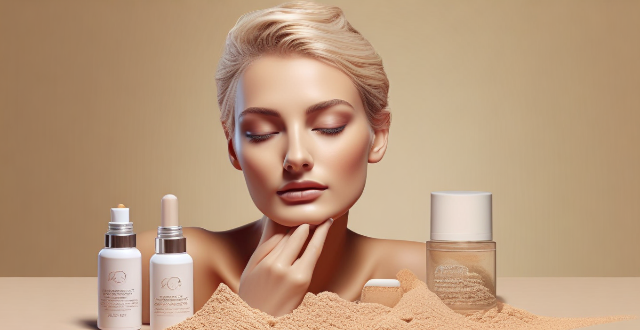Primers are cosmetic products applied before makeup to create a smooth, even base for foundation. They can improve makeup application, make it last longer, reduce the appearance of pores and fine lines, enhance luminosity, and provide sun protection. Primers are beneficial especially for those with oily skin or uneven texture. When choosing a primer, consider your skin type, desired finish, and any color correcting needs. While not absolutely necessary, primers can significantly enhance makeup application and longevity.

Is it necessary to use a primer before applying makeup?
What is a Primer?
A primer is a cosmetic product that is applied to the face before makeup. It is designed to create a smooth and even base for foundation, ensuring that makeup lasts longer and looks better. Primers can come in different forms such as creams, gels, or sprays.
Benefits of Using a Primer
1. Improved Makeup Application: Primers help to create a smooth surface on the skin, making it easier to apply makeup evenly. This results in a more flawless finish.
2. Longer-Lasting Makeup: Primers act as a barrier between your skin and makeup, helping to prevent smudging or fading throughout the day. This means your makeup will stay put for longer periods of time.
3. Reduced Pores and Fine Lines: Many primers contain ingredients that help to minimize the appearance of pores and fine lines, giving you a more youthful look.
4. Enhanced Luminosity: Some primers have light-reflecting particles that help to brighten up your complexion, giving you a healthy glow.
5. Protection from Harmful Sun Rays: Some primers also contain SPF protection, which helps to shield your skin from harmful UV rays.
When Should You Use a Primer?
You should consider using a primer if you want your makeup to last longer, especially if you have oily skin or live in a humid climate where makeup tends to slide off easily. Additionally, if you struggle with uneven skin texture or large pores, a primer can help create a smoother canvas for your makeup application.
How to Choose the Right Primer?
1. Skin Type: Choose a primer that suits your skin type. For example, if you have oily skin, opt for an oil-free formula that helps control shine. If you have dry skin, choose a hydrating primer that contains moisturizing ingredients like hyaluronic acid.
2. Finish: Primers come in various finishes such as matte, dewy, or luminous. Choose one that complements your desired makeup look.
3. Color Correcting: Some primers offer color correcting properties, which can help neutralize any redness or dark spots on your skin. Look for green-tinted primers to counteract redness and lavender-tinted primers to brighten up dull skin tones.
In conclusion, while it is not absolutely necessary to use a primer before applying makeup, it can significantly enhance the overall appearance and longevity of your makeup application. By creating a smooth base for foundation and concealer, minimizing pores and fine lines, and providing sun protection, primers offer numerous benefits that make them worth considering as part of your beauty routine.